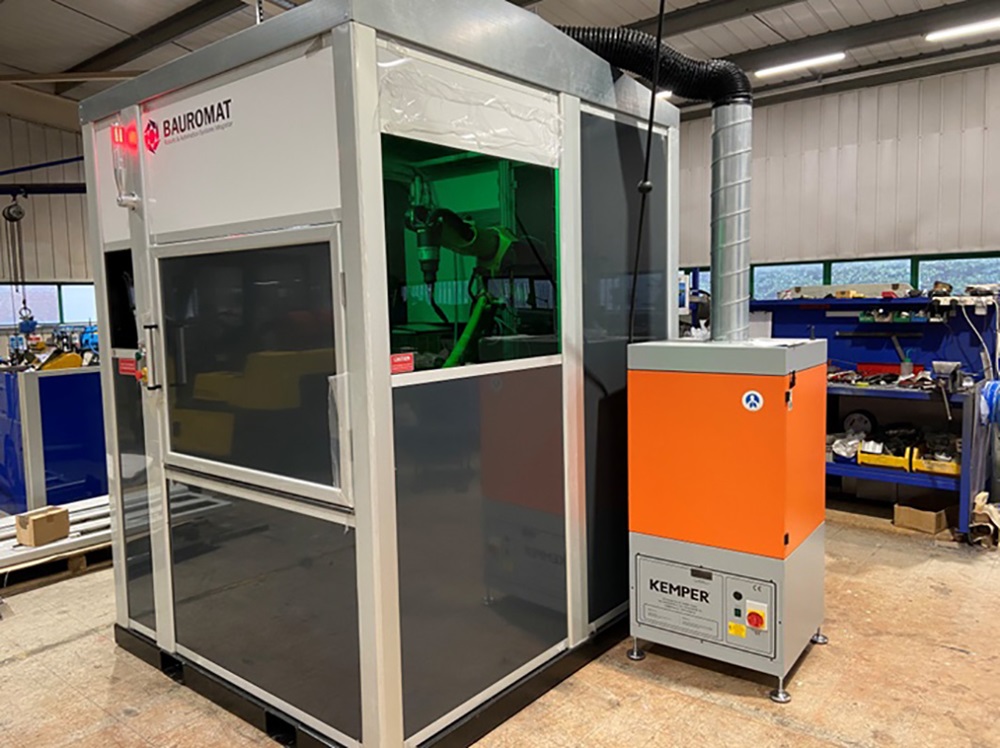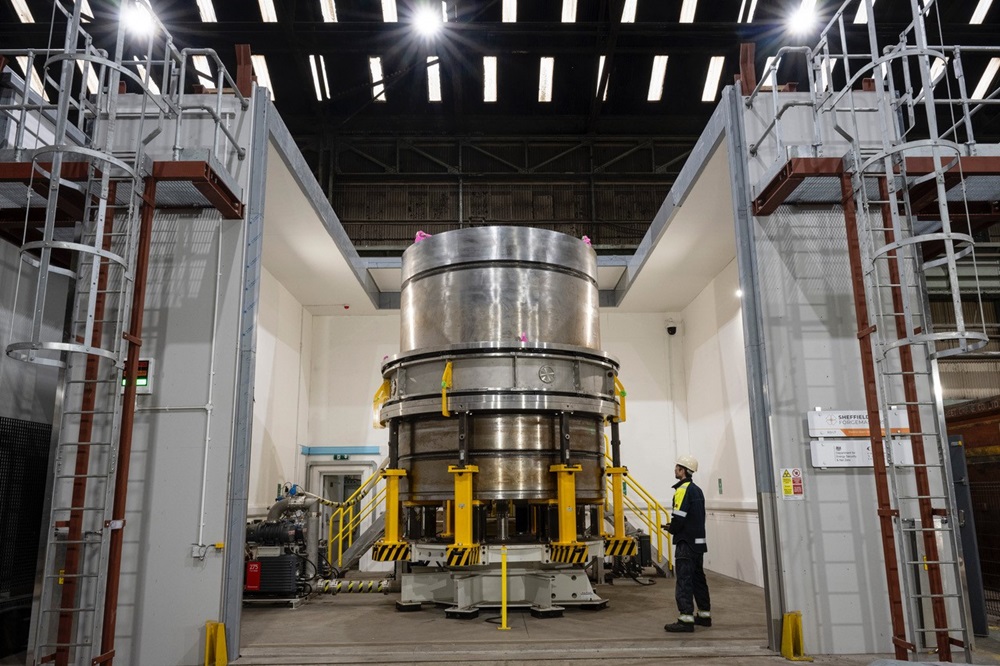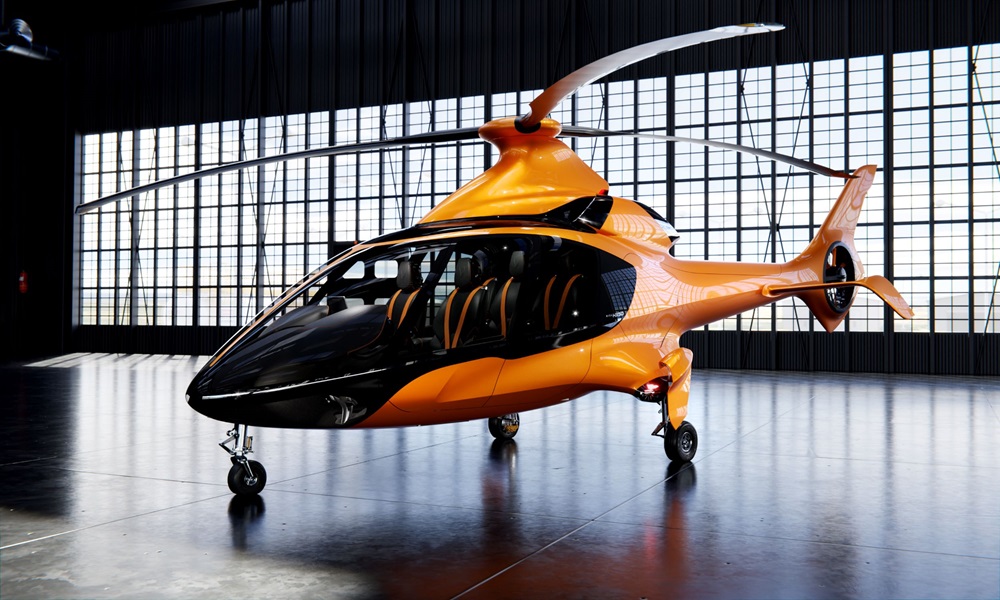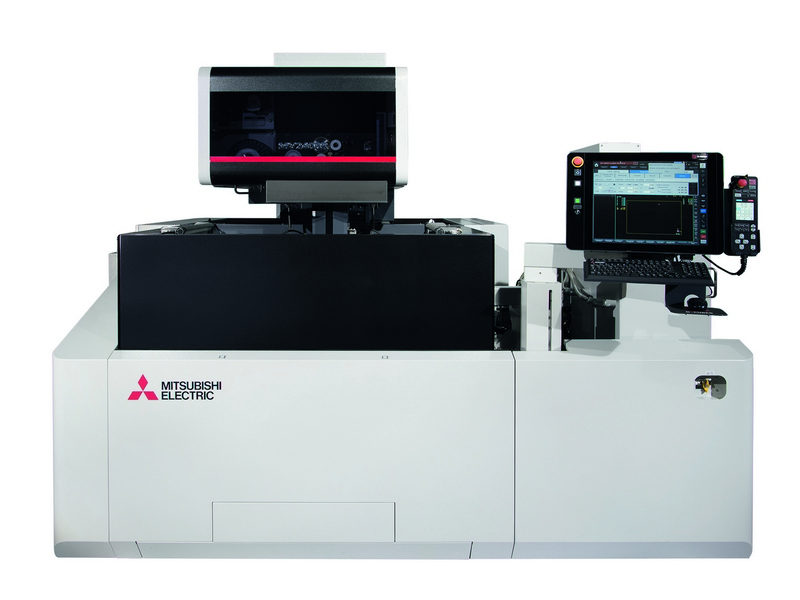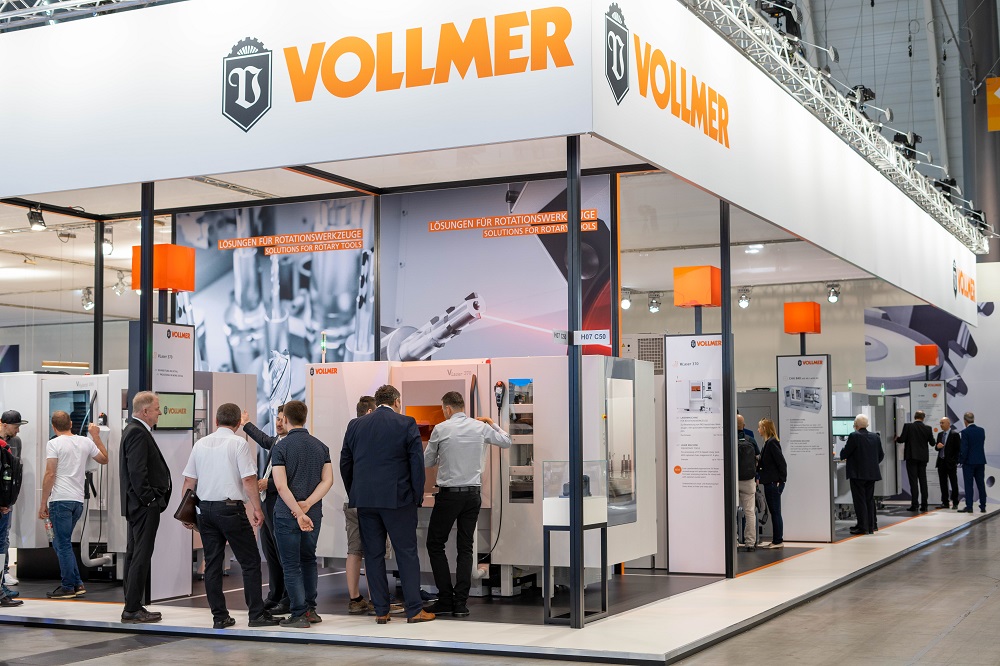As the name would suggest, Hill Helicopters is a manufacturer of luxury light helicopters. Since its inception, the company has been on a fascinating journey that is seeing the team of 80+ engineers develop and manufacture a complete aircraft from the ground up. To achieve this outcome, the Rugeley-based manufacturer has enlisted the support of leading manufacturers from the sphere of machine tools, cutting tools and ancillary equipment. When the company needed CADCAM technology that is trusted by the aerospace industry, it turned to Open Mind Technologies and its hyperMILL CAM suite.
Discussing the foundation blocks of the Staffordshire manufacturer, company founder, chairman and chief engineer at Hill Helicopters, Dr Jason Hill, says: “We are designers, developers and manufacturers of the HX50 five-seat turbine light helicopter. We’re actually bringing light helicopter manufacturing back to the UK for the first time in 50 years. To sell an effective general aviation light helicopter, you have to match the price point with high-end supercars. To do that, you can’t really turn to the existing aerospace supply chain. So we’ve had to develop a vertically integrated manufacturing strategy where we manufacture everything in-house from scratch.”
Hill Helicopters has developed the entire machining capability and composite capability for a whole aircraft, transmission system and gas turbine engine, an enormous undertaking. The company has a group of technology partners that has essentially helped Hill Helicopters to drag itself up the learning curve.
“This has enabled us to machine parts, cast parts and make composite components,” says Hill. “Open Mind Technologies and hyperMILL have been an instrumental knowledge and support partner in enabling us to program and manufacture complex machined components in a wide variety of materials.”
Discussing the start of the relationship between the two companies, Justin Talboys-Cotton from Open Mind Technologies UK, says: “We were initially invited by Hill Helicopters to look at their compressor wheel, which is effectively an impeller. It was a very challenging component with very small gaps. Although it was a challenging first part, from that point on there has been a wide variety of components the company wanted to make. The relationship has grown and, as Hill Helicopters bought more equipment and machine tools, they have increased their use of hyperMILL. Being invited into Hill helicopters at such an early stage – before machines and programmers were here – has been really exciting. It’s been great to be part of this helicopter development programme and watch it grow.”
The company is fast approaching 1000 sales with 943 aircraft pre-ordered for delivery to 67 countries at present. Hill Helicopters is currently looking to invest in a new facility to accommodate its growth, and every month it reaches new milestones in bringing the project to rapid fruition. In short, the company is pioneering a new approach to delivering and supporting safe, exciting luxury private aircraft ownership at an affordable price, naming the new concept ‘General Aviation 2.0’.
General Aviation 2.0 (GA 2.0) is an ‘end-to-end ownership experience’ with its focus entirely on the customer. It begins with a ground-up modern aircraft design process that simultaneously meet or exceeds the latest EASA and FAA airworthiness requirements. Beyond this, GA 2.0 provides an all-new, safe and fully supported ownership experience. These factors ensure the new aircraft delivers low operating costs and maintains a stable high resale value, making personal helicopter ownership more attainable than ever before. As an aircraft, the Hill GT50 engine is a 400 hp unit with a take-off power of 440 hp to 10,000 ft, a cruise speed of 140 knots and a maximum range of 700 nautical miles. The company is also manufacturing a commercial variant, the HC50. The differences between the HC50 and HX50 are price, time-to-market and customer participation in the HX50 manufacture.
Commenting upon the current phase of development, Dr Jason Hill says: “Fundamentally, at this stage, our sole objective is to get through the development of parts and sub-systems as fast as possible. Pretty much everything we do on every single machine here is a first-off, a one-off. So, we must manage the risk of programmer error or machine crashes as we are going through these development phases at pace. The Virtual Machine capability within hyperMILL is absolutely crucial to us being able to do that with minimum risk and maximum confidence – as quickly as possible.”
Adds Talboys-Cotton: “Virtual Machine optimiser on a gantry mill is ensuring that the customer covers things like rewinding automatically. As a programmer, it means you program as normal even though the machine is complex. Having the hyperMILL Digital Twin set up and Optimizer, we automatically ensure the processes are collision-free and it can run within the machining envelope comfortably. I believe the main aim here in regard to being efficient, is managing many parts and lots of design changes that are involved with the components passing through the process chain for the first time. HyperMILL is enabling Hill Helicopters to optimise their programs, first of all as a ‘fit for function’ prove-out, but also to make sure the parts are going to be valid for the production environment.”
Hill Helicopters programs both milling and turning operations with hyperMILL. The CAM software is absolutely instrumental for the company to develop literally hundreds of complex components in a wide variety of materials to extremely tight tolerances.
Concluding on the project, Dr Jason Hill says: “I’ve been dreaming about making this helicopter since I was a little boy, so to find myself 44 years later in a position where this thing is becoming physical and real, where we’re not far from actually flying. It’s an amazing experience. I think the day-to-day requirements of building a helicopter and a jet engine from scratch are extremely demanding. However, seeing the joy in our staff and our 943 customers who are witnessing this thing take its first baby steps into flight, more than offset that. This journey has definitely been worth it.”
For further information www.openmind-tech.com






